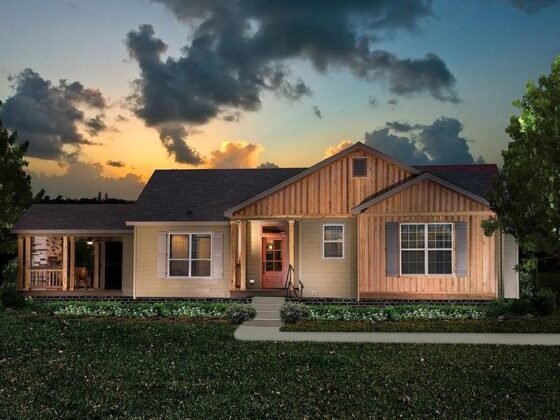Table of Contents Show
Identifying the right place to call home is no easy feat. Even after you’ve determined a budget, gotten approved for a mortgage, and decided where you’d like to move to, narrowing down your options of real estate can be daunting.

As buying a home is a huge decision there are many factors you need to pay attention to. While your main focus might be on price, the number of bedrooms, bathrooms, and aesthetic appeal, locating the right place goes a lot deeper.
Factors In, Out, and Around a Property to Research Before Choosing a Home
As you search properties you’re most interested in buying, here are some factors in, out, and around the property you should research:
Read Also:
Exterior and Interior Issues
Don’t get so wrapped up in how affordable the property is or how awesome it looks that you forget to analyze the specifics. As you view homes for sale, be sure to inspect the inside and outside for common issues.
Look at the roof, foundation, siding, windows, doors, ceilings (for leaks), and check all systems including the heating, cooling, plumbing, and electrical to ensure they’re intact and up to code.
Since some of this can be difficult for the untrained professional to see on their own, it is recommended (and sometimes required) that you have the place thoroughly inspected by a home inspector. They will review the meat and bones of the property and point out any issues that could put your safety, health, or finances at risk.
It doesn’t mean the house can’t be yours, but it does give you an idea of what you’ll be taking ownership of and the opportunity to request the previous owner make changes prior to your purchase.
The Neighborhood
You can have an amazing house with all the bells and whistles you were hoping for, but if it’s located in a rough neighborhood, living there can be a pain. Before making an inquiry on a property you’re interested in, do some research on the neighborhood.
What are the crime rates like in the area? Is there a strong police presence? More importantly, what kinds of people are you living next to? You can drive around the neighborhood random times throughout the day to get a feel for the people who live there.
Healthcare Facilities
The quality of healthcare you’ll receive when you move is another factor to research. Are you close to the types of medical centers you and your loved ones may need now or in the future? For instance, is there a family doctor nearby?
What is the rapport of dental offices in the area? If you needed to enroll in an outpatient drug treatment Cincinnati are there viable options around? You want to not only know if you live near these types of facilities but if they offer quality care to those in the area.
Education
Whether you have school-aged children or are thinking about going back to school yourself the educational systems in a community can greatly affect where you should move. Do your homework to find out what types of schools are in the area and where they are rated within the country.
Are they affordable? What’s the teacher to student ratio? Do they have the necessary supplies to appropriately educate their classes? Are they involved in the community? These are all things that can be easily researched by reviewing the school district board of education website.
Careers
Unless you’re moving near your current job you’ll need to have gainful employment. Relocating to an area that has few businesses in it leave you with very few options and/or a long commute to work.
Based on your existing skills and experiences, are there enough suitable job opportunities in the area for you to choose from? If you’re thinking of starting your own business or already have one, is the area you’re considering moving to supportive of small businesses?
Cost of Living
Last, but certainly not least when deciding where to move you should consider the cost of living. Even if you can afford the monthly mortgage payments, you have other bills and expenses that need to be covered.
Based on your income, can you afford to pay the utilities, insurance, groceries, and other bills or is it simply too expensive? The Council for Community and Economic research makes it easy for you to research and compare the cost of living in various cities and states.
When deciding on a place to call home, remember that there’s a lot more to consider than the number of bedrooms and bathrooms available.
You have to thoroughly research factors in, out, and around the property to make the most effective decision. As you’re not only living in the house but in a community, it is imperative to do your due diligence to ensure the decision you make is one you can live with – at least for the next couple of years.









